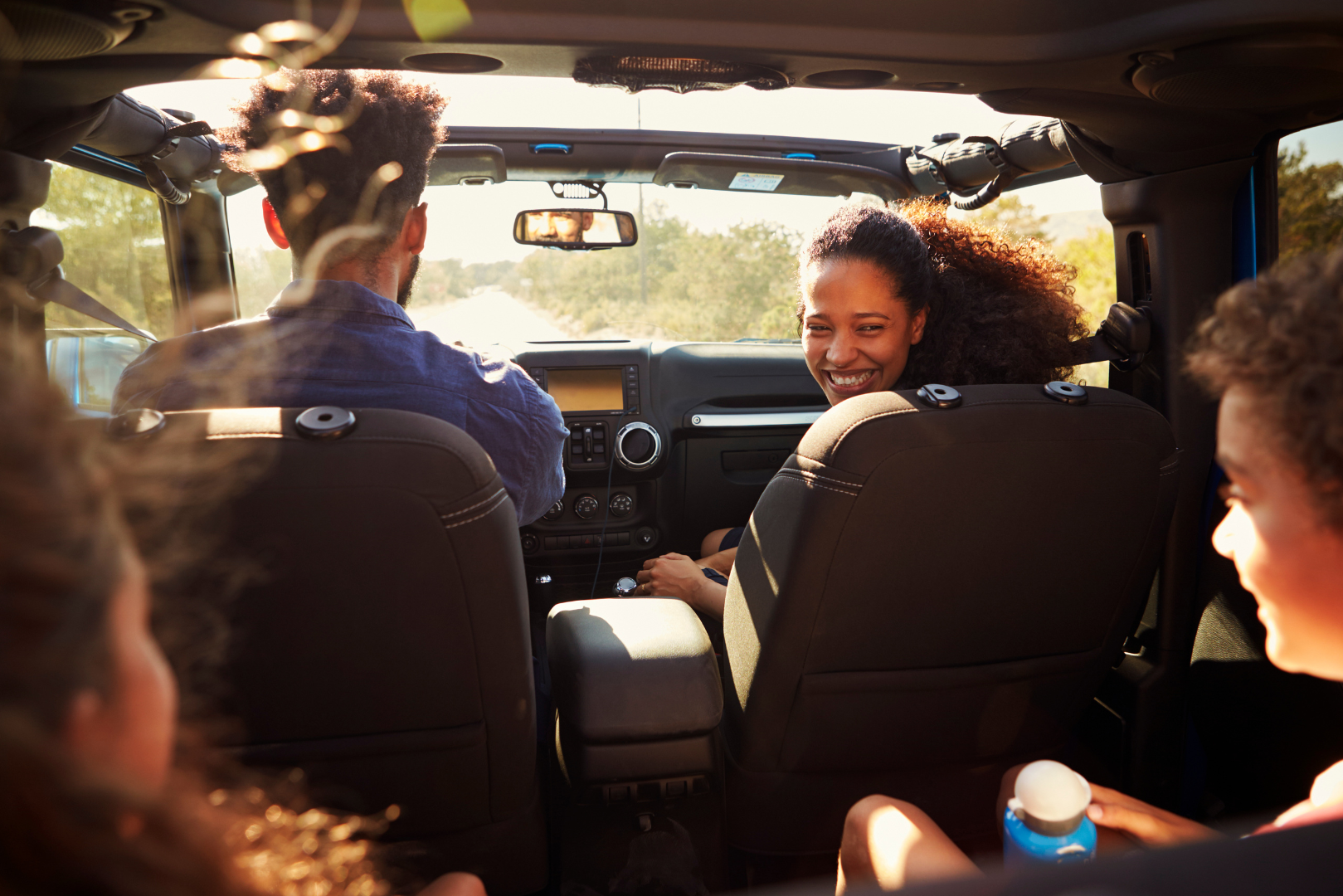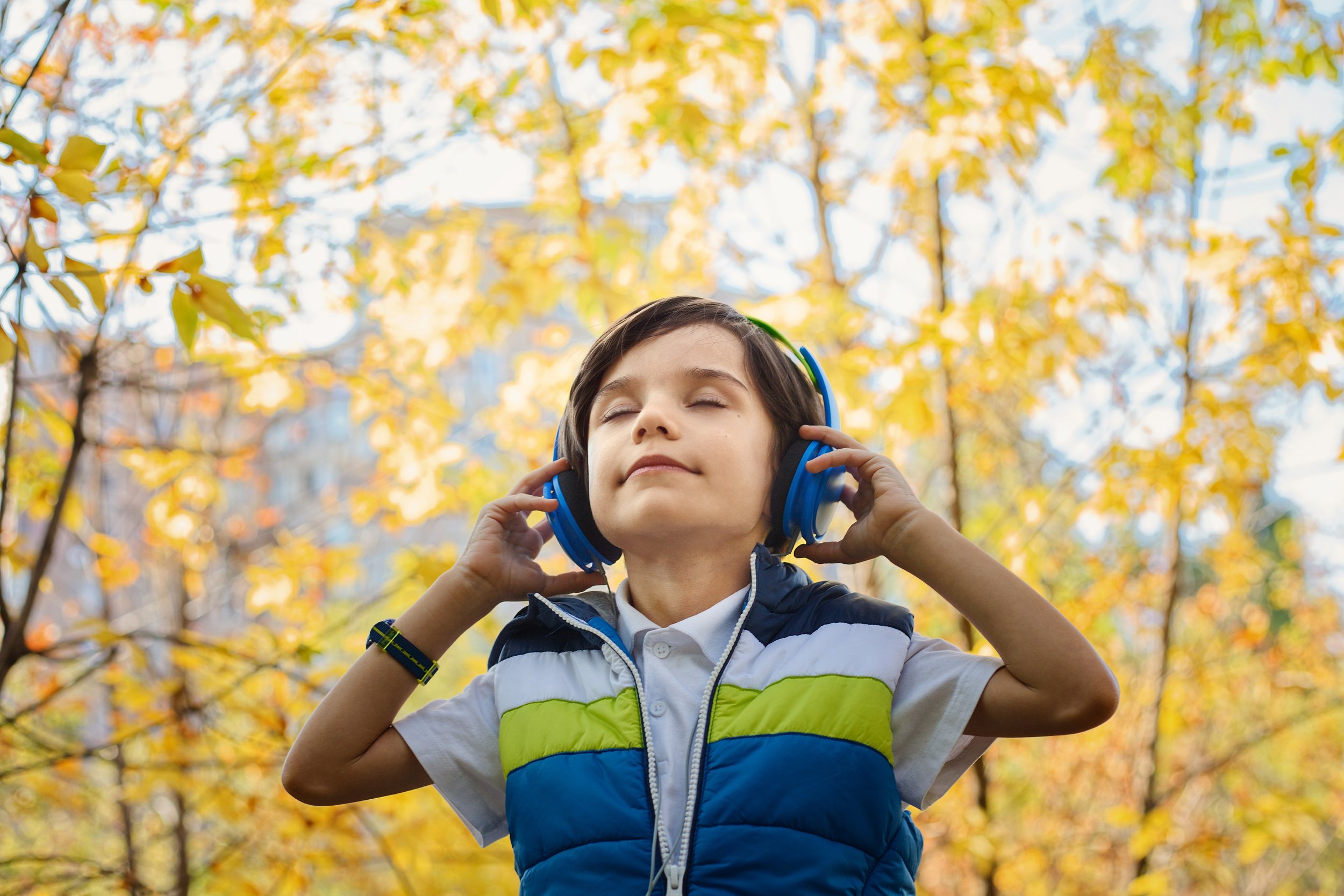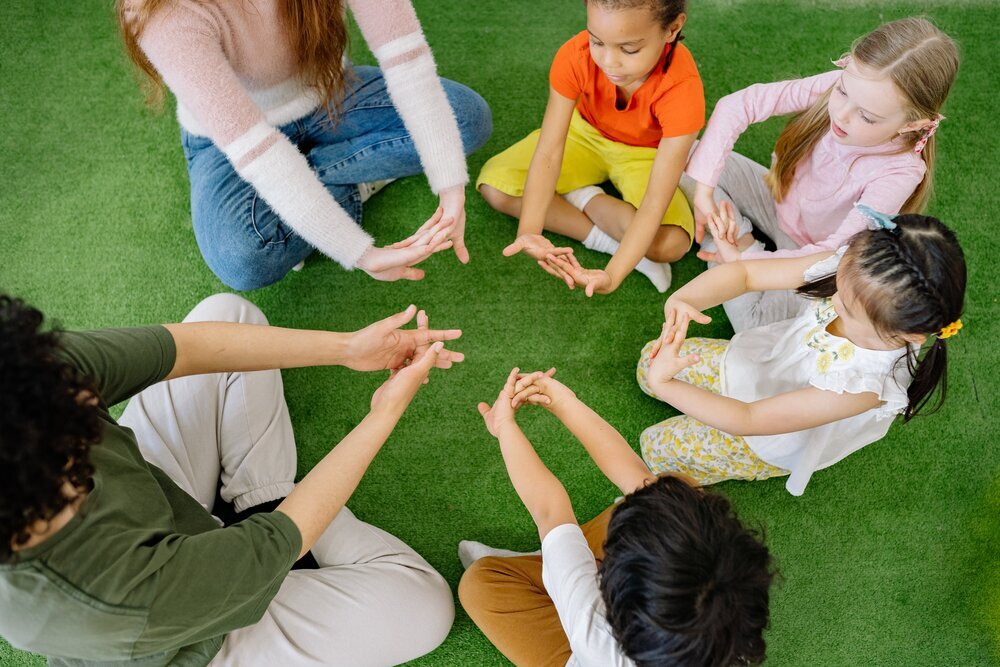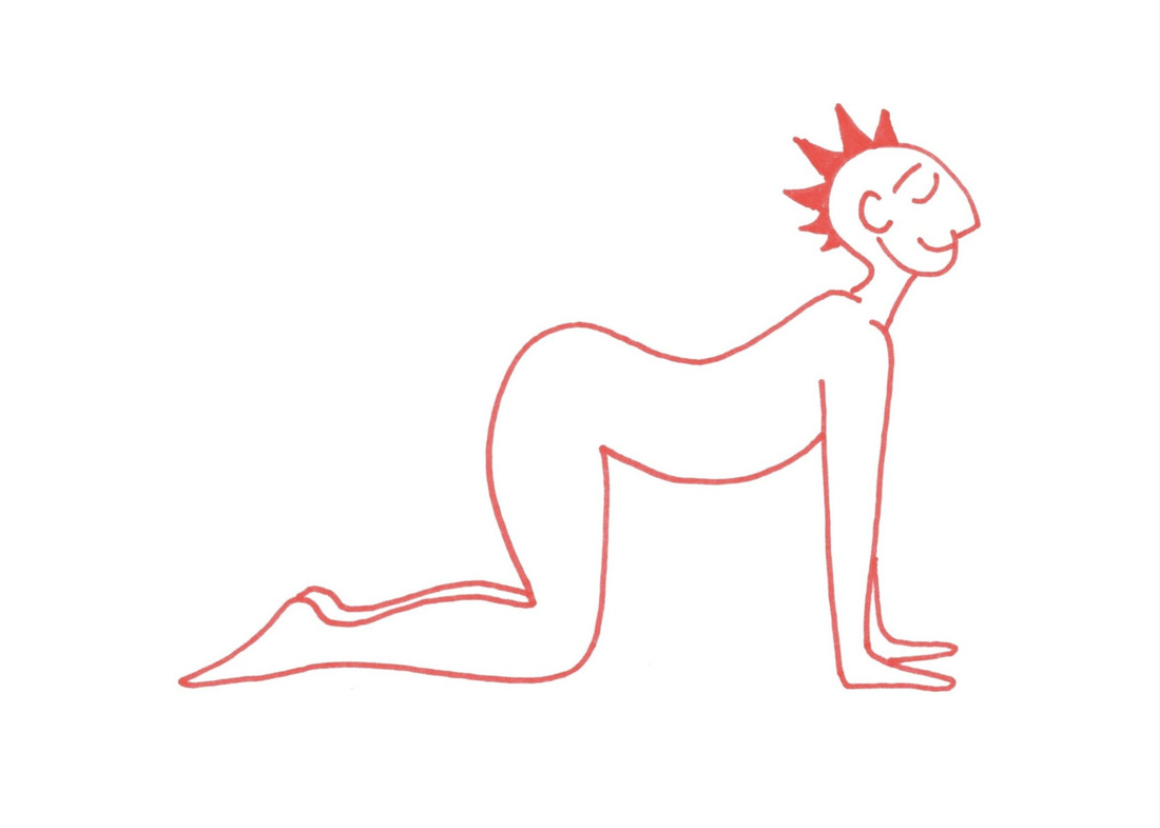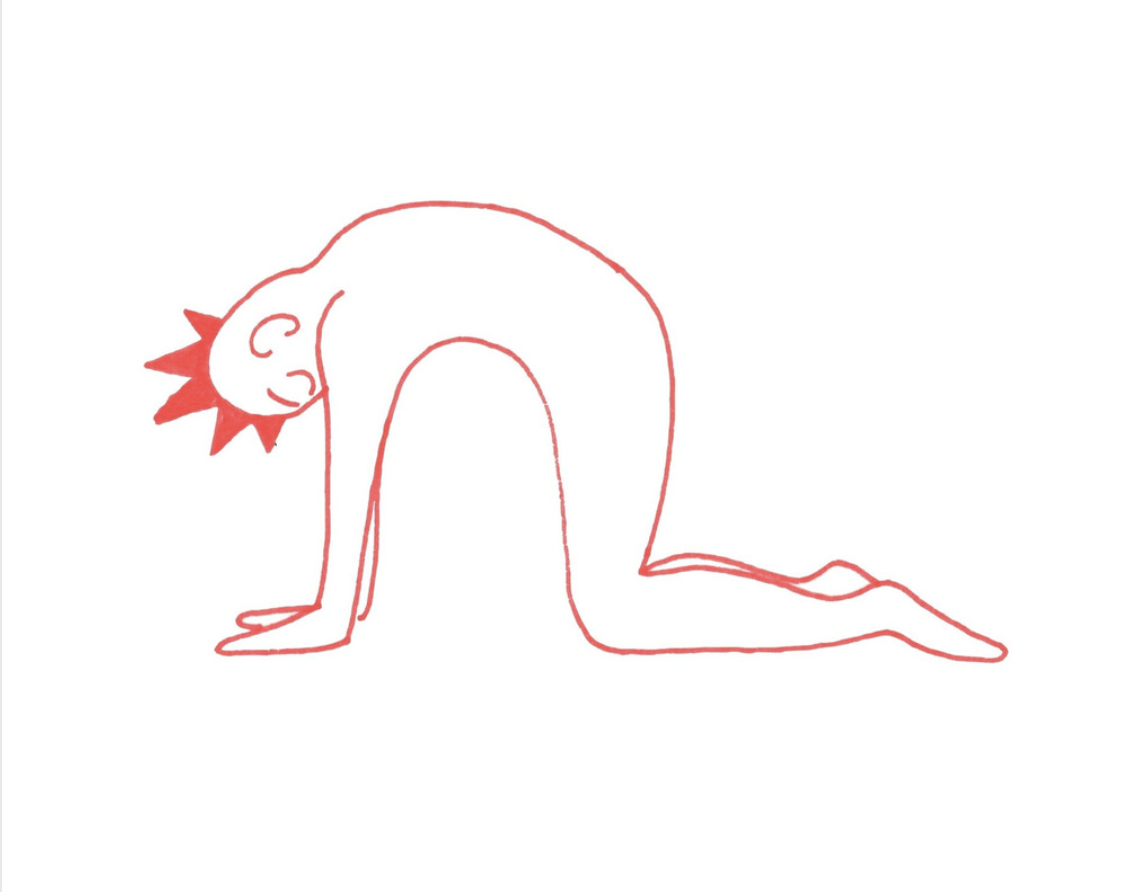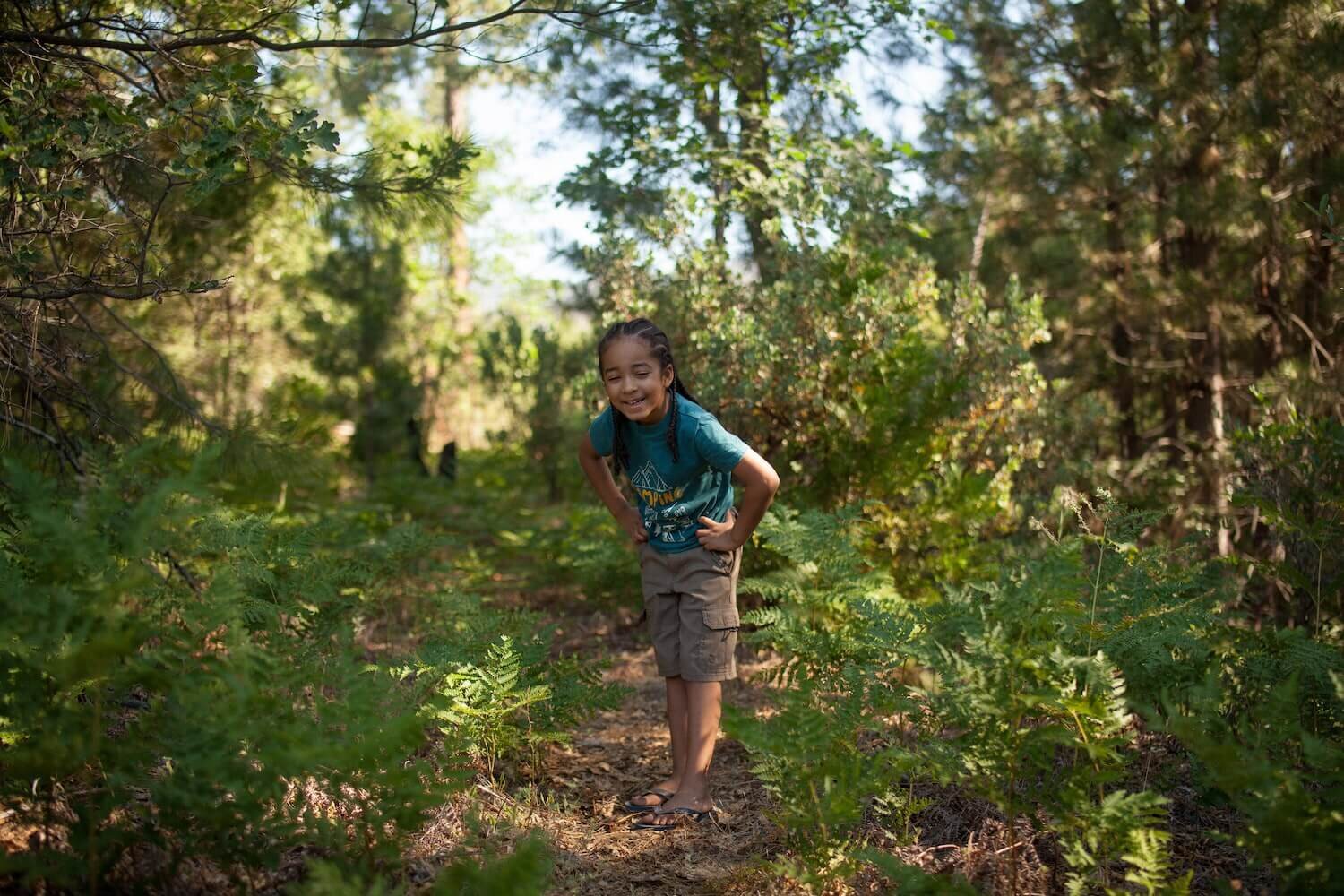Our Favorite Mindful Recycling Activities for the Classroom
Earth Day is upon us, and there has never been a more urgent time to confront the way our choices impact the world we share.
How can we as educators make composting and recycling a fundamental practice for coming generations? How can we mindfully instill these Earth-friendly values in our students and help them see recycling as an effortless, even enjoyable, practice?
With mindfulness, of course!
How many of us make the time to proactively recycle?
Depending on where you live or your upbringing, recycling may already be a routine in your life and that of your students.
Some people may have grown up with a vegetable garden and embraced composting as a way of life; some may have had city regulations that placed recycling and composting receptacles in accessible locations.
Others, however, may have little to no experience with recycling at all, but are curious about (or overwhelmed by) the concept.
How Mindfulness Can Help You Enjoy Recycling
Not everyone loves the idea of cleaning out containers with old food before recycling; maybe “it’s gross”! — Pause, notice the “yuck,” then see what else you observe.
Is the water running over your hands nice and warm as you rinse the recyclable container? Maybe you find it peaceful taking a moment to stand still or move slowly.
Are these thoughts or feelings ones you want to share with a little helper? They might have thoughts and feelings about the moment as well.
We can also connect our mindful recycling practice to our community. Maybe you make a special trip to the green market to drop off your compost. Could this be a fun family adventure to take together?
Mindful Activities and Ideas for Recycling in the Classroom with Kids
How does mindfulness connect with recycling or composting, and how can we teach it to our students? In order for a lesson to become an ingrained understanding, we need practice to normalize our behavior.
So if your goal is to get your students recycling, why not begin by making it a fun activity you do together? The only limit is your imagination!
Here are some ideas to get the ball rolling…
1. Appoint Recycling Leaders
Having recycling bins in the classroom is a great place to start implementing positive recycling practices among your students. To take it a step further, get children more involved by encouraging them to play active roles in monitoring the recycling.
Maybe you have a rotating recycling leader who helps the rest of the students; or maybe the class collectively chooses the next leader.
2. Use a Mindful Bell to signal recycling time
If you already use a mindful chime in your class, you can incorporate it into your recycling practice.
The next time you’re finishing up paper crafts, pull out your bell and ring it to signal a deep breath in and out. Then once everyone is centered, ask the students where their paper scraps go and why.
3. Care for Class Plants
A lot like the practice of caring for a class pet, a class plant is a great way for children to learn how their actions impact a growing, living thing.
We’ve seen a lot of success with daffodil and tulip bulbs that the children nurture through late winter and early spring.
4. Lead Mindful Walks
Is anything better on a sunny spring day than taking a walk and noticing everything beginning to bloom? If your class has access to outside space or you go for walks regularly, begin to point out the flowers poking their heads through the soil.
Focus on appreciating what you see around you, feeling grateful. Feel the sun on your face, revel in how green the grass is. Gratitude is a mindfulness practice in and of itself.
You also have the option to notice the not so nice things. Point out the litter and ask your class how it makes them feel to see the empty cups near the little flowers. You may be surprised by their answers. By taking the time to notice what we see around us, we can become more conscious of how those things make us feel and how we want to act in response.
Note: If your class is older and you find they want to do something proactive, you can turn your walks into a road clean-up, picking up recyclables along the way.
5. Encourage a Sorting Game
Sorting recycling into their respective bins can be a fun a game! Notice the little numbers under each item and figure out what gets placed in which bin. By taking the time to sort recyclables we can feel just that much more connected with our communities.
Recycling Can Be a Mindfulness Practice in Our Daily Lives Too
Mindfulness is a practice whereby we begin to take note of the present moment and all that it contains -- both internally and externally. If mindfulness is the continued practice of noticing our internal lives, the emotions, the thoughts, and the stories we tell ourselves about ourselves, the next step may be to compost those thoughts, emotions, and narratives.
By turning over our old habits, just as we turn over our compost heap, we can turn those thoughts and habits into nurturing and healthful narratives rather than self-destructive ones.
How do we turn over those old habits or beliefs that are not serving us? With practice. By noticing a narrative we have already begun.
When we revisit a thought or feeling that doesn’t serve us, instead of letting that thought run through our heads and become our truth, we pause. We notice it with self-love and compassion, take a deep breath, and then continue with our day.
Eventually the self-love and self-compassion become the focal point; the new narrative says, “Yes, I am feeling overwhelmed, and I know how to take care of myself when I’m feeling that way.”
How and Where to Recycle in NYC
Since Yo Re Mi is based in New York City and provides many of our music, mindfulness, and yoga classes for kids in NYC and Tri-State area schools, we are thrilled to share extra tips on how and where to recycle near you:
Did you know New York and the surrounding boroughs have a great composting initiative? If your school or apartment don’t have bins you can apply for them here!
If your school is not in the above pickup region, you can collect your compost and drop it off at any of these GrowNYC locations. Field trip to the farmers market anyone?
Model Earth-friendly practices for your students in the classroom (use reusable water bottles, steel straws, and reusable cutlery on a day to day basis.) Not-so-fun fact: Did you know plastic straws and cutlery are too lightweight to be recycled?
Recycling can feel challenging as we often feel we hardly have the time or energy. By confronting the practice of recycling and our beliefs about it (ie: it’s hard, I don’t have time, I don’t understand, it’s hopeless) we can begin to sit with these beliefs and challenge or change them, and let them compost into something different.
For ourselves, for our community, for our children… let’s leave this Earth a little better than the way we found it.
Save this post to read later & share it on Pinterest!






